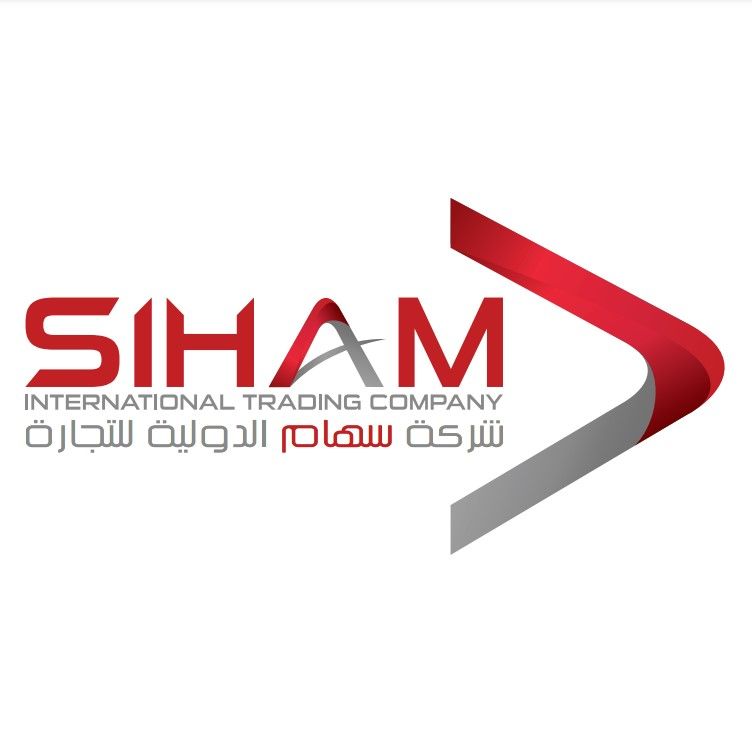March 10, 2021
The Ministry of Commerce and several other ministries are facing an intense battle, at this time, to reduce the trade cover-up, in order to achieve noble goals, to achieve national financial stability and sustainability. Therefore, it is essential that we all contribute to achieving the objectives of the national program to combat trade concealment, and give our opinion on that. The issue of the commercial cover-up is closely related to the topic of this article in several ways. One of the most important tools for controlling businesses, including Small & Medium Enterprises SMEs, is financial statements. The financial statements are the product of bookkeeping in which all financial operations are recorded, in order to identify their financial position, the results of doing business and their profitability. Which is performed in order to preserve the rights of the owners of these companies first, and then in order to implement a high-governance environment that preserves all the rights of stakeholders, including creditors, customers, workers and the state. The international trend towards implementing governance in all activities, and as a result of the failure of a large number of companies to continue or fulfil their obligations, the need to apply the concept of convergence or harmonization arose with regard to the accounting standards used in establishing and recording large or small business activities. This activity began since the beginning of this century, after the major American companies failed to continue and resist. The reasons for these collapses were attributed to weak governance, including the interpretations of American accounting standards FASB. Which is why the global trend towards standardization of accounting standards has become supported by organizations and countries to achieve uniformity to provide an appropriate environment to enhance investment tools and preserve the rights of capital owners. The International Financial Reporting Standards, known as IFRS, began as a guarantee of generally accepted accounting principles GAAP to standardize the standards used worldwide within a project sponsored by the International Accounting Standards Board known as IASB, and countries began to adopt and implement them for the gains that they will achieve through the process of standardizing standards in order to attract investors, and unify tools for communicating messages related to financial results for the sake of globalization in which the world is moving. In the Kingdom of Saudi Arabia, the shift towards international standards (IFRS) began to be applied to joint stock companies listed in the financial market from the beginning of 2017, to be followed in the following year by the rest of the companies. The experience of applying international standards is rich and deserves to be studied to see the extent of its benefits. However, in the field of small and medium enterprises (SMES), including the micro-enterprises, which represent a very large percentage of the authorized establishments in the Kingdom (more than 97 percent) the existence of accounting records is not a legal requirement. The point of view, may be that complying with this will add very high costs to this type of facility. Although bookkeeping, presenting and auditing financial statements, it will have a greater positive impact in providing financing for these facilities, an opportunity to capture investors in the market to achieve growth for them, and evidence that proves the sources of funds and the absence of manipulation or exploitation of these facilities by a group that satisfies a little in exchange for the concealment of a lot. Cultivating a culture of registration, registration, bookkeeping, and the regularity of financial transactions, will enhance the growth of small and medium enterprises, and the sustainability of their business, and will contribute to the localization of many accounting functions within the chain of accounting and financial services required by this process. It may eliminate illegal financial operations. One of the steps in corporate governance will be through the application of international standards. Translated from: https://www.aleqt.com/2020/09/02/article_1911271.html














































